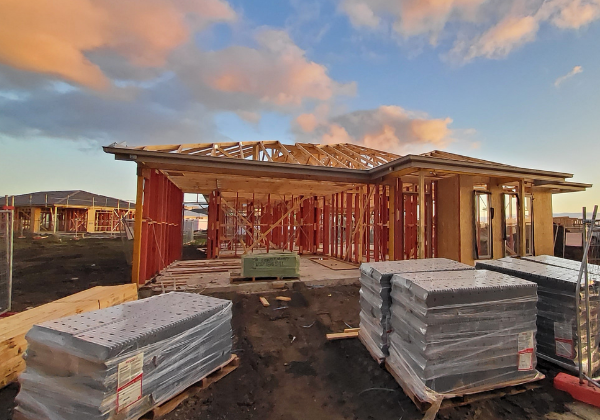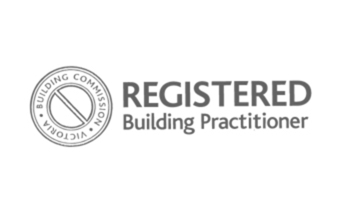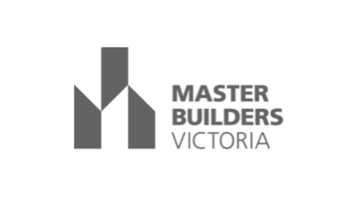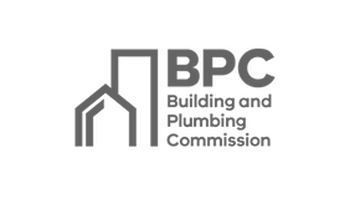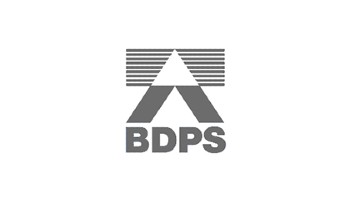While the Building Surveyor performs a critical role in the implementation, monitoring and enforcement of building standards for the construction of a new home, there is often a lot of confusion about how they fit into the building process. To provide some clarity, here are the questions we are most asked:
Why do I need to appoint a Building Surveyor?
The Building Surveyor (BS) plays an extremely important role in the building process.
They are responsible for issuing Building Permits (which must be issued before any building work commences) as well as ensuring the safety, health, amenity, accessibility and sustainability of buildings. By law, Building Surveyors work for the client/applicant, not the builder and they must act independently.
Building Surveyors are required for any project that needs a building permit, they are professionals trained in understanding the building process. Building Surveyors must be qualified and registered with the Building & Plumbing Commission (BPC), and are authorised to:
- Assess and determine an application for a building permit
- Consider and determine the appropriateness of proposed protection work
- Issue a building permit
- Calculate and collect the building permit levy
- Building permit levy accounting and record keeping
- Carry out inspections of building work to verify if the building work complies with the building permit, the Building Act 1993 and Building Regulations
- Prepare a written record of building work inspected, documenting details of non- compliant features.
Once an application for a building permit has been made and the Building Surveyor has started carrying out their functions for your project, that person will then be known as the Relevant Building Surveyor (RBS) for your project.
Can I choose my own Building Surveyor?
Legislation introduced on 1st September 2016 prevents the builder from appointing the private Building Surveyor. The appointment of the private Building Surveyor must be made by the owner or an agent of the owner but cannot be the builder. The builder is not allowed to appoint the private Building Surveyor.
See below snippet s.78 (1A) of the Building Act 1993 (Authorised Version incorporating amendments as at 31 January 2018):

Although some builders request to become an “Authorised agent” in the belief this formally allows them to appoint a Builder Surveyor, the BPC and the law clearly state the Builder must not do this.
What should I look for when selecting a Surveyor?
- Are they a registered Building Practitioner with the BPC in the required class for your building?
- Do they have in-house Building Inspectors that are trained and competent to complete the mandatory inspections or do they use Contract Building Inspectors?
- Are they transparent in their communication and dealings with you?
- Do they have a good reputation? Have other had a good experience with them? Check out reviews on Facebook, Google, Product Review and forums.
- Have they or anyone working for them been reprimanded by the BPC under the Building Practitioner Disciplinary Register – this is free to access to the Public via the BPC website.
- Are they local to the area you are building and know the builders, trades and general topography of the area? This can help with special conditions sometimes associated with building in certain areas i.e., Bushfire or termite prone areas, aggressive environmental factors (soils, wind, rainfall intensity, corrosive elements etc.).
Can my Builder make me go with their Building Surveyor?
No, by law, your builder cannot make you go with their preferred Building Surveyor. In situations where the builder is pressuring a homeowner to select a Building Surveyor, there may be a conflict of interest which could compromise their judgment, decisions, or actions throughout the build.
To reduce the likelihood of the homeowner choosing their own Building Surveyor sometimes builders can add special conditions into their contracts including:
- Additional costs to use your own Building Surveyor
- No refund of the original allowance
- Builder may choose not to proceed with contract
If your builder refuses to accept your choice or tries to prevent you from selecting your own Building Surveyor, you have good reason to question their independence.
One advantage of using the builder’s preferred Building Surveyor could be expediated turnaround times and company efficiencies, however questions should always be asked about the impartiality of the relationship if the builder is refusing to allow another Building Surveyor to be engaged.
Can Manse Group be my Building Surveyor and does the Building Surveyor complete the mandatory stage inspections?
The role of the RBS is a different function to what Manse Group does. As mentioned above, the RBS is appointed to issue the building permit and carry out the mandatory stage inspections listed on the permit. Often, Registered Building Inspectors (BI) are typically subcontractors to the RBS and complete the mandatory stage inspections on the RBS’s behalf. You will find that a lot of this process will happen behind the scenes, and you may not be involved with or notified when the inspections are carried out, the result of the failed inspections and associated directions to fix and what was inspected whilst onsite.
If a stage fails, the builder will be issued with a ‘Direction to fix building work’ and must fix the non-compliant items and have a re-inspection. See below extract from The Building Act on direction to fix:

It is not uncommon for a Building Inspector to complete 15-20 inspections per day. You can do the math for a typical workday and include travel time between sites; it doesn’t allow for much time spent to be assessing each building site.
This is where Manse Group comes into play and can complete independent inspections (aka private inspections) at the critical stages of construction.
While there is some overlap, what the BI is required to check and sign off on, is a much smaller list than what an independent inspection would look at. This is because quality and workmanship are beyond their statutory role. The BI’s role is to focus on the compliance/safety items. We have written another post to explain the difference between the Building Surveyor’s role and Independent Quality Assurance.
Manse Group utilises the building permit approved documentation and the relevant codes and standards to assess your build for Quality Assurance. Our clients are included in all correspondence regarding their home, are notified when inspections will be carried out and most importantly are sent detailed reports with marked-up photos and references to standards of any item that is defective. This provides transparency about the quality of the build and allows trades to easily locate items for rectification.
What should I do if my house has been approved by the Building Inspector but there are serious issues identified by Manse Group?
Once the RBS has approved a stage, the builder is technically allowed to progress to the next stage of construction.
Sometimes however, there can be serious issues found during an independent inspection by Manse Group, and concerningly the builder may choose not to rectify them as they have already received sign off from the BI that the stage is ‘compliant’.
There can be many reasons for a non-compliant stage being approved, some that we have seen include:
- Lack of time – If the BI has too many sites to inspect in a day, they may need to rush or cut corners.
- Human error – Let’s face it, we’re human and not all perfect. Building sites can be messy and busy with other trades working at the time of inspection. A conversation or phone call could take the BI’s attention away from something being checked.
- Non-compliant items being overlooked or not identified by the BI.
If this happens, your Manse Group dedicated Assessor will be able to advise on ways to approach the situation. In some cases, You, as the contractual party, will need to escalate issues to the RBS. Under June 2020 Code of Conduct RBS’s have a legal obligation to “communicate promptly and effectively with their client, the VBA and relevant parties.” Under the Code, they must also take reasonable steps to minimise the potential for complaints and have a process in place to address problems or issues of non-compliance brought to their attention as soon as possible.
Can I change my Building Surveyor?
According to the Building Act 1993 (the Act), property owners cannot terminate the appointment of a Building Surveyor without the consent of the BPC. Consent from the BPC to terminate the appointment must be given before the appointment of another Building Surveyor.
Disagreeing with the decision of a Building Surveyor is not sufficient grounds for a client to terminate. If you disagree with a decision your Building Surveyor has made, you can appeal to the Building Appeals Board.
Have a question about how we can help ensure a better build? We’d be pleased to assist, please contact our friendly team today.


